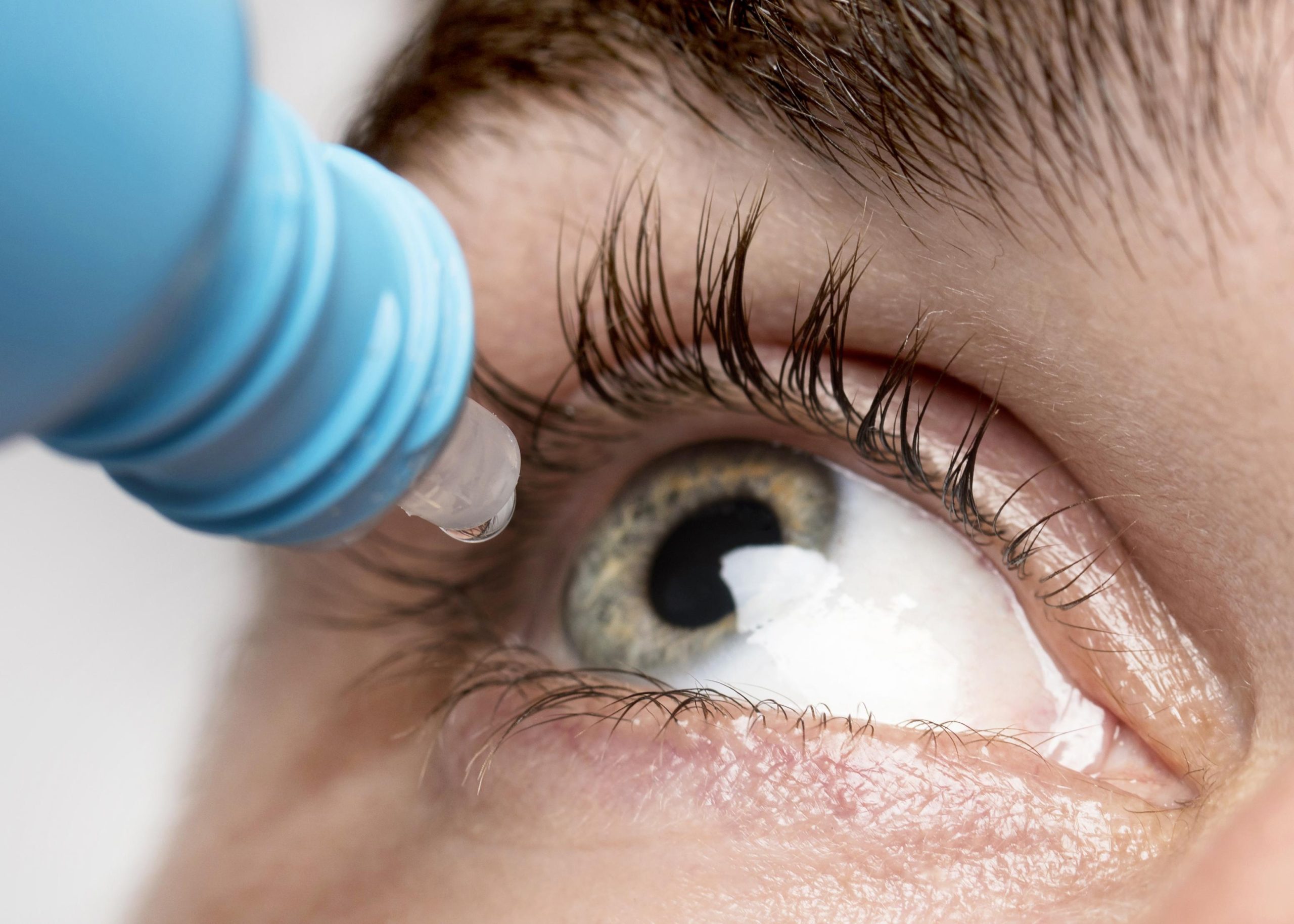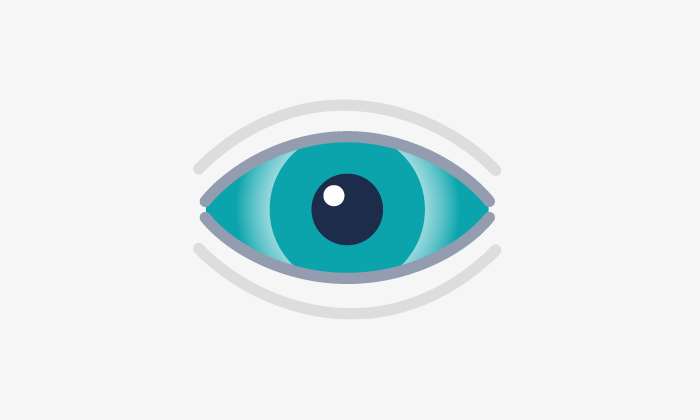

According to the American Academy of Ophthalmology, anecdotal reports suggest that the new outbreak of coronavirus can cause conjunctivitis, and possibly be transmitted by aerosol contact with the conjunctiva. In this regard, they explain that patients who have recently traveled to areas with active outbreaks or have relatives who have recently returned, could have the disease.
Coronaviruses are a broad family of viruses that normally affect only animals, although some of them can spread from animals to humans. They can produce anything from a common cold to more serious diseases.
The most recent type of coronavirus, called “SARS-CoV-2” was first detected in December 2019 in the Chinese city of Wuhan and causes a disease known as «COVID-19», which can lead to severe respiratory infections, among which pneumonia. Those affected experience symptoms such as fever, cough or shortness of breath, which can appear between 2 and 14 days after being exposed to the virus. In addition, according to a paper published in The Lancet, patients can transmit the virus even before experiencing symptoms.
Although it seems that this new coronavirus is not as severe as SARS-CoV (which began in China in November 2002) or as lethal as MERS-CoV (detected in 2012 in Saudi Arabia), it has spread rapidly to other countries and there have already been a significant number of fatalities.
According to the American Academy of Ophthalmology, the virus seems to spread through small respiratory droplets produced when an infected person coughs or sneezes, although it could also spread if people touch an object contaminated with the virus and then touch their mouth, nose or eyes. As explained by Dr. Ignasi Jürgens, medical director of ICR, some reports suggest that the virus can cause conjunctivitis and be transmitted by aerosol contact with the conjunctiva. Therefore, patients who go to the ophthalmologist for conjunctivitis and have respiratory symptoms, in addition to having traveled to areas with known outbreaks, could be suspect of having the virus.
As stated by the Spanish Ministry of Health on its website, there is no specific treatment for the new coronavirus (although some antiviral drugs have shown some efficacy). However, there are many treatments to control the symptoms, so health care improves the prognosis.
According to the indications of the Spanish Ministry of Health and the World Health Organization, to protect against possible coronavirus infections, generic protective measures against respiratory diseases must be followed:
Although conjunctivitis is not one of the most common symptoms of COVID-19, the American Academy of Ophthalmology has made a series of recommendations to ophthalmologists to act quickly and efficiently in the event that they are the first specialists to evaluate patients possibly infected. Some of these recommendations include:

Conjunctivitis is the inflammation of the conjunctiva, the mucous membrane that covers the inner part of the eyelids in the anterior part of the eye, touching the cornea.

Infectious conjunctivitis is caused by an infectious agent (bacteria or virus) and usually manifests itself acutely. Symptoms and treatment may vary for different kinds of conjunctivitis.
Contact us or request an appointment with our medical team.